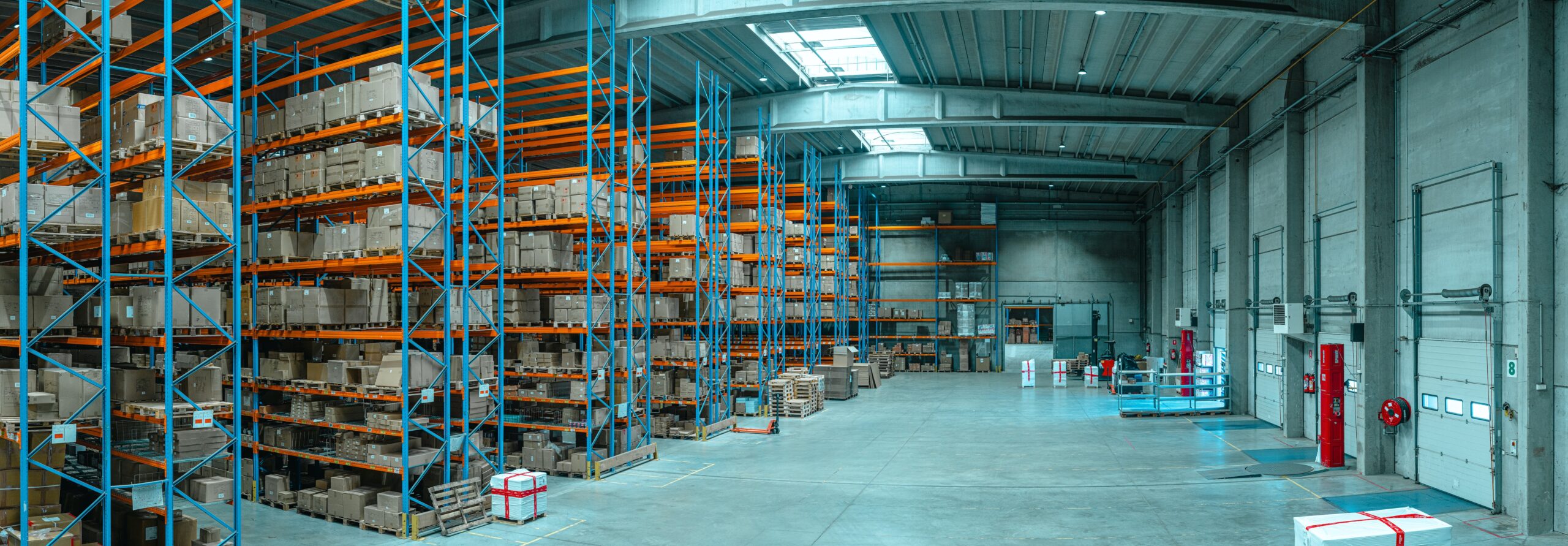The urgent case for change management in supply chain
Scroll to find out more
Scroll to find out more

Supply chains exist in conversations with the world around them – reacting to changes in what we buy, where we make it and how we move and sell. The challenge for many teams today is that the systems they rely on have not kept pace with the world around them. And in a more dynamic, volatile supply chain environment, this can start to cause real issues, from stockouts to rising freight costs.
Zencargo works with fast-growing global businesses to help them reimagine, implement and optimise their supply chain management processes. Every business has its unique challenges, goals and approach, which is why we focus on understanding the opportunities available and creating solutions that maximise the potential of the team, business and asset available.
To explore what this looks like in practice, we sat down with one of our most successful recent customers, Priscilla Parrish, Head of Logistics at Velocity Commerce and Majority Audio, to discuss her journey with Zencargo on our podcast Freight to the Point.
For businesses with complex, international supply chains, change is a risk. Whether it’s integrating new suppliers or adding a new software system, any deviation from the status quo requires planning, investment and cooperation to achieve the hoped-for goals. And for many businesses, there just hasn’t been enough commercial pressure to make the change. But this changed with the pandemic.
Systems that worked well, if not perfectly, during solid state scenarios, where rates were low, vessels arrived on time and production stayed on schedule suddenly started to fail. Firefighting – a perennial element of supply chain management – moved from an occasional hazard to a fight for survival, every day. The issue was not just overstretched supply chain teams – though for those on the frontline the experiences of exhaustion and stress should be a top priority for leaders – but also major business risks. Moreover, these risks have not disappeared in the wake of the pandemic, as businesses struggle to keep up with changing rates, demand and inventory levels.
So, what are the key issues to resolve?
For Priscilla, arriving at Velocity Commerce meant facing these issues every day. ‘I was inheriting a legacy system, but I was also inheriting the integration to a new system as well.’ she explains. ‘Container prices were through the roof, and there was just a general lack of information and uncertainty across the board.’
For teams trying to manage changing rates while maintaining stock availability and managing lead times, these issues can quickly lead to spiralling costs, stockouts and unhappy customers – and firefighting will only get you so far. The answer is real change.
As mentioned above, change means risk, and risk meets resistance. And while Priscilla did meet some pushback from internal stakeholders, she also found ways to bring them onboard. ‘Overall it was very positive because I displayed the benefits that we were going to gain from doing this, but there was some reluctance within the company.’ she notes.
‘Change is always going to be difficult, but my thinking is good planning makes change management really easy. And if you’re the one implementing the change, you have to be the champion of it.’ she explains.
Working with the Zencargo team, Velocity Commerce created a roadmap for updating their supply chain approach.
By setting a clear foundation, the business was able to pursue changes progressively while keeping stakeholders informed and onboard, to bring data and team members together to work in new, more reliable ways.
For businesses with established ways of working, it makes a difference to bring in an external point of view to help understand the scope for change. When it came to Priscilla’s plan, she needed a partner that could provide not just ideas, but also the technology and support to make her goals a reality. This meant:
Once the systems were in place and the support available, the case for change management internally became clear. ‘For me it’s the biggest thing that we did was our container utilisation and being able to show them we’re saving money and shipping more,’ she says, having now reached an average utilisation of 95%.
As businesses continue to face an uncertain freight market amid choppy economic waters, supply chain agility, precision and efficiency will play a key role in preparing them for what’s next. As seen in Priscilla’s story, making targeted changes now can yield valuable, long term results.
Zencargo works with fast-growing businesses to create supply chain processes that can carry them forward, whatever the market brings. From technology to advice, logistics to customers, our experts work as an extension of your team to help you reach your goals.
To find out more about how we can help make change matter in your business, get in touch with our team.

In Focus: An update on U.S. tariffs The de minimis exemption for Chinese and Ho...

In Focus: Tariff turbulence continues to disrupt Escalation in U.S. tariff poli...
